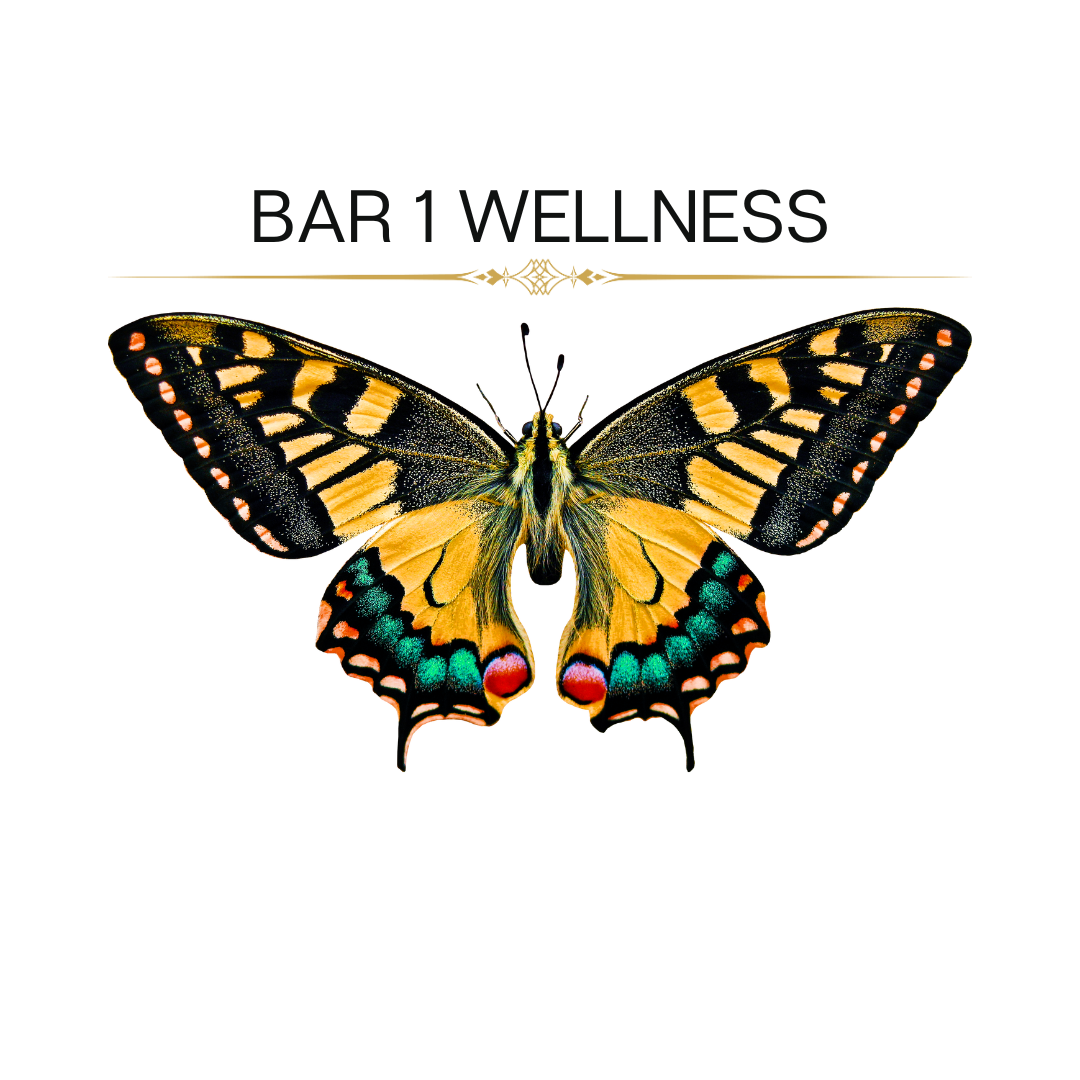Loving ourselves through perimenopause and beyond!
Well ladies, here I am closer to 50 than 40 and in this midlife stage I’m noticing a few changes but it’s surprisingly helping me see life and myself in a whole new and expansive way. It’s a transition for sure, but one we don’t need to fear, or white knuckle our way through, we just need to understand what’s happening and learn how best to support ourselves.
For many this can be a very challenging time as the body starts to shift out of child bearing years and into more of the golden years. Perhaps you’ve heard about some horrific mood swings, night sweats, vaginal dryness, low libido, sleep and memory issues… I mean there’s a lot of negative press out there!
First, I want to quell your fears a little by sharing what’s happening physiologically. As women head into middle age our ovaries have fewer and fewer eggs and therefore we produce less progesterone and in the beginning estrogen levels tend to fluctuate, then during the second phase we see low levels of progesterone, estrogen and testosterone. This leads to increased cortisol which is trying to make up for the perceived “vitality” loss.
Secondly, as our sex hormones become less available and cortisol levels rise, women start to metabolize glucose less effectively which can impair brain function and weight distribution you might notice brain fog and low energy, perhaps some belly fat accumulation. Seems rather harmless but left unchecked can lead to full on insulin resistance and the downward spiral of events that can take hold from there, including things like, Alzheimers, diabetes, heart disease, kidney disease… you get the idea. We can mitigate this with diet and lifestyle changes.
To support ourselves we need to eat, move, think and feel in ways that encourage healthy blood sugar, good gut bacterial balance, quality sleep, connection and low stress. Easy peasy!
Here are 3 practical tips to get started with:
1) Eat whole foods high in fiber, organic and grass fed to minimize endocrine (hormone) disruption from herbicides, pesticides, growth hormones- shoot for 5 colors per meal to increase micro-nutrient content
2) Exercise daily, mix routines up to include high and low intensity options walking, HIIT, yoga…
3) Improve sleep and avoid glucose spikes by finishing your last meal 3-4 hours before bed
Perimenopause on into menopause is a time for celebration!
Suddenly, the veil is lifted, we care a lot less what other people think and start to develop a new sense of our TRUE self and voice and what it means to live a life full of purpose. Values align with our mission, relationships become more satisfying, old traumas become healed. Hello beautiful!
I’m eager to show you how this transition could just be the best experience of your life. We’ll dive into physiology, lifestyle, diet, botanical support and testing options for hormonal harmony.
References:
Duarte AI, Santos MS, Oliveira CR, Moreira PI. Brain insulin signalling, glucose metabolism and females' reproductive aging: A dangerous triad in Alzheimer's disease. Neuropharmacology. 2018 Jul 1;136(Pt B):223-242. doi: 10.1016/j.neuropharm.2018.01.044. Epub 2018 Feb 20. PMID: 29471055.
Marlatt KL, Pitynski-Miller DR, Gavin KM, Moreau KL, Melanson EL, Santoro N, Kohrt WM. Body composition and cardiometabolic health across the menopause transition. Obesity (Silver Spring). 2022 Jan;30(1):14-27. doi: 10.1002/oby.23289. PMID: 34932890; PMCID: PMC8972960.
Hao S, Tan S, Li J, Li W, Li J, Liu Y, Hong Z. The effect of diet and exercise on climacteric symptomatology. Asia Pac J Clin Nutr. 2022;31(3):362-370. doi: 10.6133/apjcn.202209_31(3).0004. PMID: 36173208.



